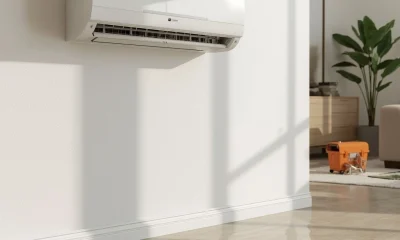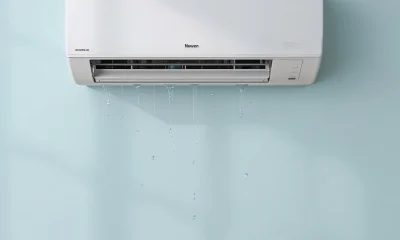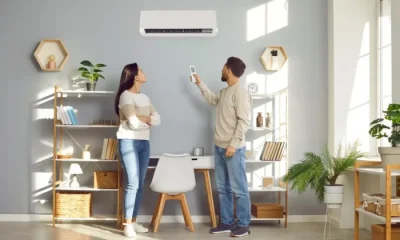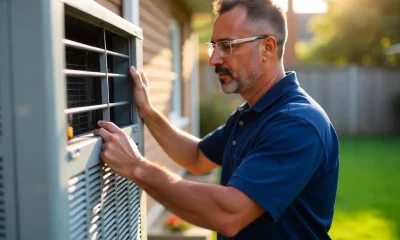
Air conditioners are vital for maintaining comfort during hot weather but when they start leaking from air conditioner, it can...

Air conditioners are vital for maintaining comfort during hot weather but when they start leaking from air conditioner, it can...

If your air conditioner has started spitting out water, dripping from vents, or leaking onto your floors, you’re right to...

When you get your air conditioner fixed in Murrieta and Temecula it usually starts to cool your home within thirty...

Home / Do You Tip AC Repair Guy? A Homeowner’s Guide to Showing Appreciation Hector P. Corkery January 15, 2026...
We Proudly Serving Temecula, Murrieta and Surrounding Areas
EXCELLENTTrustindex verifies that the original source of the review is Google. professional, Responsive extremely thorough With repairPosted onTrustindex verifies that the original source of the review is Google. Thanks Great Job I have heat to keep my Family warm will call them for any Job I need Thanks again👍🏼Posted onTrustindex verifies that the original source of the review is Google. Always great honest reliable service. I would definitely recommend!!Posted onTrustindex verifies that the original source of the review is Google. Emilano's service call yesterday was one of the most impressive examples of professionalism and exceptional customer service I have ever experienced. Emiliano's ability to identify and solve several technical and mechanical failures with our A/C and heating system demonstrated his knowledge and expertise in his craft. Moreover, as he uncovered additional problems with our system which required additional time to correct, he did not use that to increase the charges and maintained the original price quoted. This is a great testimony to his honesty and that of Hutchinson Heating and Air. Finally, I also commend Emiliano for keeping us informed about the problems he found during his extended workday. Outstanding Customer Service!!
We are very proud to be serving our local area for over 21 years!
Useful Links
Contact Information
Business Hours